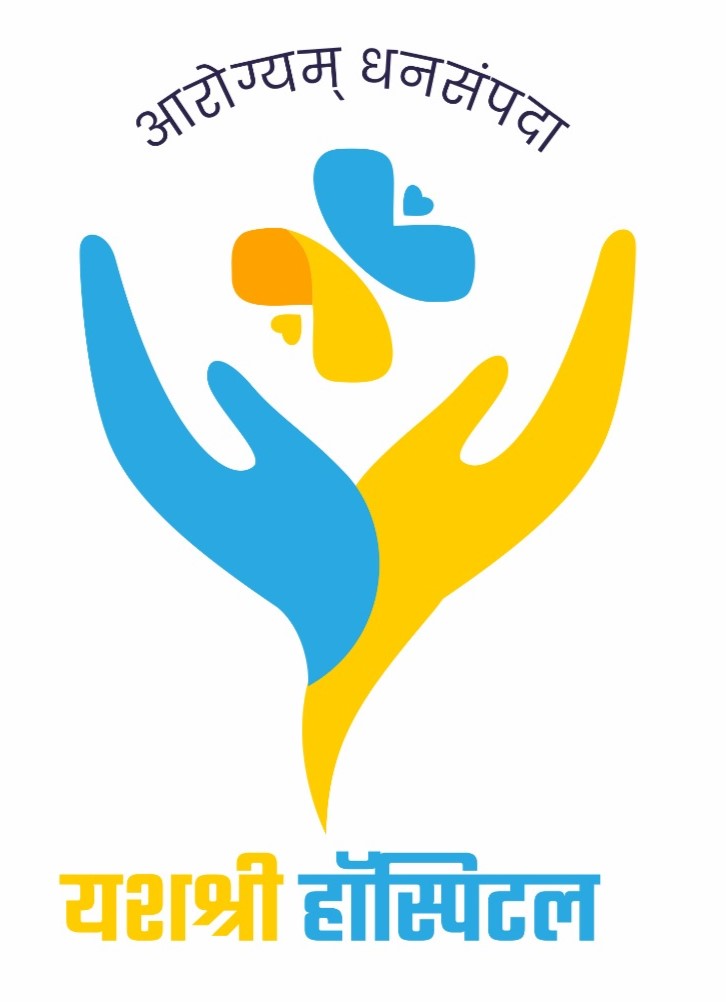A genetic condition caused by an abnormality in cell division, leading to an additional copy of chromosome 21. It is characterized by physical and developmental delays, intellectual disability, and distinctive facial features.
A better understanding of the condition and early intervention can significantly improve children’s quality of life.
Symptoms of Down Syndrome:
Physical Signs:
- Reduced muscle tone
- Flat facial profile and small head
- Eyes slanting upwards
- Single crease across the palm
- Increased flexibility
- Poor coordination and balance
Cognitive and Developmental Signs:
- Delayed cognitive development
- Speech and language delays
- Learning disabilities
- Poor short-term memory
- Challenges with judgment and problem-solving
- Difficulty grasping abstract concepts
Causes of Down Syndrome:
Down syndrome arises from an extra chromosome 21, known as trisomy 21, which can occur randomly during cell division in either the egg or sperm.
Risk factors: Advanced maternal age (over 35), a previous child with Down syndrome, specific chromosomal abnormalities (like translocations), and parental health conditions such as diabetes or obesity.
Diagnosis of Down Syndrome
Prenatal screening tests that detect potential indicators like physical features and genetic testing such as chromosomal karyotyping to confirm the presence of an extra chromosome 21.
Treatment of Down Syndrome:
Treatment aims to support overall development in physical, intellectual, social, and emotional aspects of life. It includes early intervention services (e.g., physical, occupational, speech therapy), special education, medical care for associated conditions (e.g., heart defects, hearing loss), behavioural interventions, social skills training, vocational training, nutrition guidance, and genetic counselling.
Prevention of Down Syndrome
- Women recommended take folic acid supplements before and during pregnancy
- Monitoring maternal age
- Undergo prenatal screenings
- Genetic counselling
- Maintaining a healthy lifestyle
Down syndrome is a genetic condition caused by an extra copy of chromosome 21. It results in distinct physical features, developmental delays, and intellectual disabilities. Early intervention plays a critical role in improving outcomes for individuals with Down syndrome across various aspects of life. Promoting awareness, providing comprehensive support, and fostering inclusivity are essential for enhancing the quality of life and opportunities for those affected by this condition.


